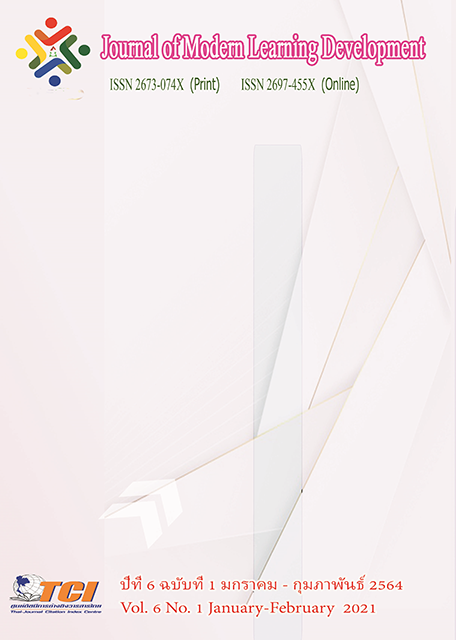Circuit Breaker Coup d’état
Main Article Content
Abstract
The aims of this paper were: firstly the concept of military intervention. The second, a comparison with military intervention among 5 countries. Following this, the study of Thai Coup d’état in details. These lead to Coup prevention in the near future in Thailand. This research is a qualitative work, studied by means of documented gathering sourcing, including in-depth interview 10 key informant, analying the data content and presenting descriptive information.
The research results were found that ;
first of all, the concept of military intervention is illustrated in some points. It is mentioned that leakage protection theory applied for breaking circuit of Coup d’état. This is explained clearly that there are many factors, naming the social movement scandalously that results in that circumstance as Coup d’état. In comparison, an electrical fault might have been caused by high temperature and effect to catch fire. In this way, termination of Coup d’état depends on the circuit breaker system which includes Constitution, Legislation, Monarchy, Judge, Military, and Social Movement. Secondly, the study of Military Intervention among 5 countries divided into Spain, Portugal, Greece, Turkey and South Korea are demonstrated that the Monarchy’s role can cease the military coup d’état, while military intervention in Portugal can lead to the democracy’s foundation successfully. In terms, in Greece and Turkey, it is found that Institute of Judge and Civil Politics are forceful as same as South Korea, it’s the judge, social movement, and public press can impact on the revolution of political leader as military group. Thirdly, an achievement of 5 countries to breaking circuit will be studied in order for military intervention to cease Coup d’état in Thailand. Institution’s character would perform in any context.
Article Details
References
ชัยอนันต์ สมุทวณิช. (2527). ทหารกับการเมืองไทย. (พิมพ์ครั้งที่ 2). กรุงเทพมหานคร: บริษัทวิคเตอรี่ เพาเวอร์พอยท์ จำกัด.
การไฟฟ้าส่วนภูมิภาค, กองมาตรฐานระบบไฟฟ้า ฝ่ายวิศวกรรม. (2559). คู่มือ เครื่องตัดไฟรั่ว. กรุงเทพมหานคร: กองมาตรฐานระบบไฟฟ้า ฝ่ายวิศวกรรม.
กองประวัติศาสตร์ทหาร กรมยุทธการทหารบก. (2554). การปฏิรูปการทหารในรัชสมัยพระบาทสมเด็จพระจุลจอมเกล้าเจ้าอยู่หัว. กรุงเทพฯ : ห้างหุ้นส่วนจำกัด อรุณการพิมพ์ .
สราทิส ไพเราะ. (2561). ผลคําวินิจฉัยของศาลตอการกระทําปฏิวัติรัฐประหาร. วารสารนิติศาสตรมหาวิทยาลัยอัสสัมชัญ, 9 (1), 228-240.
สรศักดิ์ งามขจรกุลกิจ. (2561). “ปรัชญา” และ “หัวใจ”ของการผลิตทหารอาชีพ ตามแนวทางของโรงเรียนนายร้อยตะวันตกและข้อคิดสำหรับกรณีของไทย. ออนไลน์. สืบค้นเมื่อ 6 มิถุนายน 2563. แหล่งที่มา: https://prachatai.com/journal/2018/09/78674


